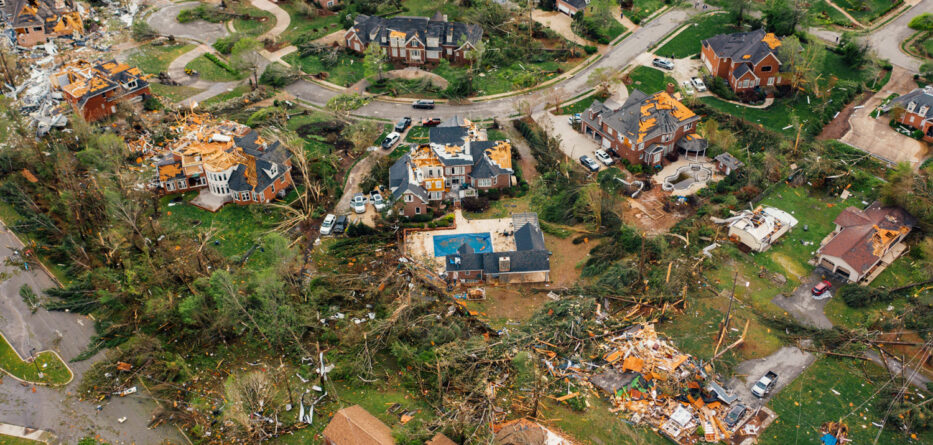Hurricanes Fiona and Ian left much more than a death toll and destruction in Puerto Rico and Florida. They laid bare what is becoming increasingly obvious: climate events disproportionately affect the most economically vulnerable population, that is, communities of color such as Hispanics.
President Biden moved quickly to declare a “major disaster” in 9 Florida counties: Charlotte, Collier, DeSoto, Hardee, Hillsborough, Lee, Manatee, Pinellas, and Sarasota. They will be eligible for grants for temporary housing and home repairs, low-interest loans to cover uninsured property losses, and assistance to business owners.
The federal government also announced that it will provide individual assistance of up to $37,900 for essential home repairs and another $37,900 for lost property, as well as $700 in cash assistance to help cover essentials. So far, nearly 200,000 households across Puerto Rico have received this latest cash assistance.
But the situation in Hardee, one of the poorest counties in Florida and one of the 9 declared in emergency, illustrates the dimension of a structural problem that cannot be alleviated with temporary cures.
More than 44% of Hardee County residents are Latino, 37% of whom are of Mexican origin. The median household income was just $40,000 a year in 2020. 21.2% of its residents live below the poverty line, and despite the Affordable Care Act, 20% of its residents lack health insurance.
In Hardee, only 100 of the 8,000 homes in the county have federal flood coverage, which is equivalent to a coverage rate of 1.3%, according to an analysis by the publication Politico.
Although Hardee reflects the most dramatic example of climate injustice, it is not a unique situation. In Florida’s 9 declared emergency counties, only 30% of the 1.8 million homes affected by Ian have federal flood coverage. That represents, according to the analysis, that about 1.3 million households in the state were left at the mercy of federal assistance.
It is true that the law to reduce inflation promoted by the president contemplates historic investments to confront global warming and remedy climate injustices, but the growing intensity and frequency of catastrophic events such as hurricanes is a phenomenon that is here to stay.
This is therefore too big a problem to be solved by the government alone, since it requires a public, private and civil society alliance. The November elections are a great opportunity to vote for candidates who understand that climate change is an existential challenge and have plans and ideas to find comprehensive, effective and lasting solutions.






